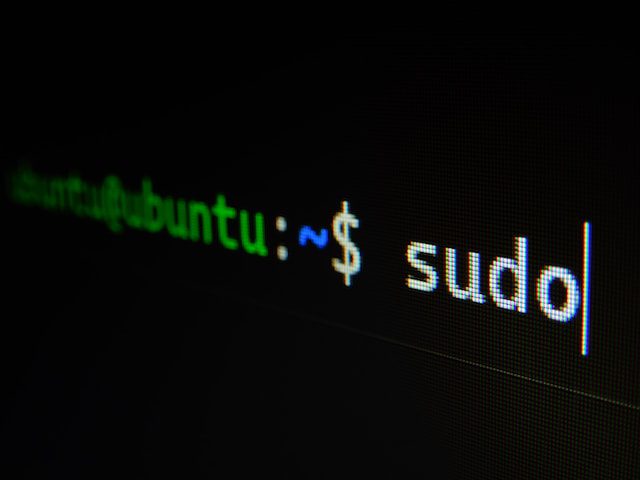
In the realm of cybersecurity, navigating the convoluted depths of complex software like the Linux kernel often leads to unearthing substantial vulnerabilities. Security researcher Ruihan Li recently disclosed details on one such significant find: an exploit dubbed ‘StackRot’. This flaw tracked as CVE-2023-3269, is a privilege escalation vulnerability.
While the name ‘StackRot’ may conjure images of a neglected stack of documents moldering away in a forgotten corner, the reality is far more intriguing and high-stakes. StackRot refers to a flaw discovered in the Linux kernel’s handling of stack expansion, specifically within versions 6.1 through 6.4.

The underlying issue stems from the mismanagement of virtual memory areas by the kernel’s maple tree – a data structure responsible for this crucial task. This tree can undergo node replacement without properly acquiring the Memory Management (MM) write lock, leading to a scenario known as use-after-free.
In layman’s terms, the system is attempting to use memory space that has already been freed up for use elsewhere, leading to unpredictable behavior and potential security issues. This flaw could be exploited by an unprivileged local user to compromise the kernel and escalate their privileges, effectively gaining unauthorized control over system operations.
What makes CVE-2023-3269 particularly notable is its scope of impact. Since it is a Linux kernel vulnerability embedded within the memory management subsystem, it affects nearly all kernel configurations and requires minimal capabilities to trigger. This makes the flaw not only potent but also accessible, adding another layer of complexity to the issue.
However, it’s worth noting that exploiting StackRot is far from trivial. The memory nodes (maple nodes) are freed using a technique called RCU (Read Copy Update) callbacks. This process delays the actual memory deallocation until after a period called the RCU grace period. As such, orchestrating a successful exploit necessitates precise timing and a deep understanding of the kernel’s inner workings.
In the relentless pursuit of securing the digital frontier, cybersecurity experts responded swiftly to the StackRot revelation. Patches have been backported to stable kernels (6.1.37, 6.3.11, and 6.4.1), effectively resolving the “StackRot” bug as of July 1st.
A detailed write-up, alongside the complete exploit code, will be made publicly available by the end of July. This level of transparency not only keeps the user community informed but also serves as a resource for other security professionals and developers to understand and prevent similar vulnerabilities in the future.